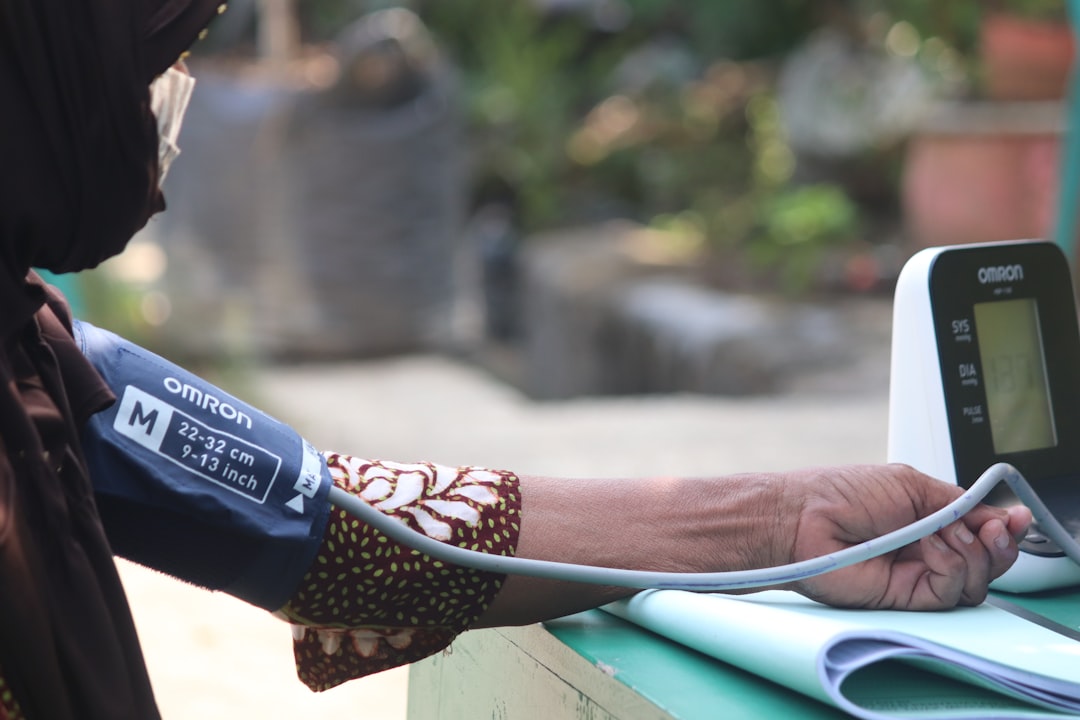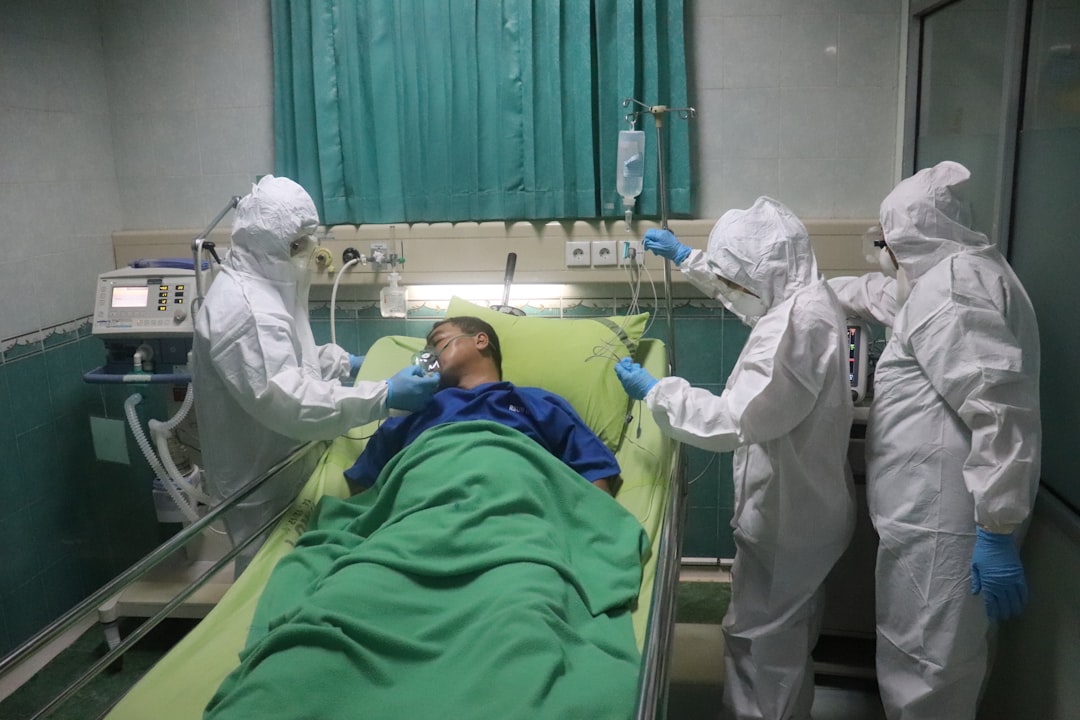What is it about?
Given the increase in clients with trauma histories seeking therapy, it is highly likely that even novice clinicians, in their first experiences with clients, will work with trauma-exposed clients. Novices may be overwhelmed by clients' trauma stories, and they are not yet trained to work with clients directly on their trauma experiences. Novices are capable of assisting these client with current concerns (e.g., relationship strains) that are based in their trauma histories - as long as they have the appropriate supervision. Not much is known about trauma-informed supervision, however, especially for novices. In this study, expert supervisors - those with training not only in trauma but also clinical supervision - described a trauma-informed supervision session with a novice clinician who was seeing a trauma-exposed client. Their descriptions are the first concrete descriptions of what successful and effective trauma-informed supervision looks like with novice supervisees.
Featured Image

Photo by Luca Bravo on Unsplash
Why is it important?
Most trauma-informed supervision literature to date is very general and conceptual. In contrast, supervisors interviewed in this study described specific approaches they used during a supervision session with their novice clinicians as they discussed a trauma-exposed client. For example, the supervisors described intentional planning and in-session decisions. In particular, they described their use of emotion regulation strategies with their novice supervisees, which seemed key to a positive supervision outcome. Once their novices were able to better regulate in the supervision session, they used active learning strategies (e.g., role play) to help the novices prepare for their next sessions with their clients. A few supervisors found they needed to attend to their own emotion regulation after the supervision session, having been "splattered a bit" themselves during the supervision session. In contrast, one supervisor described an atypical response of his novice supervisee (e.g. distancing) that might have been based in the novice supervisee's indirect trauma, countertransference, and/or the supervisee's own trauma history.
Perspectives
The success of supervisors in this study clearly indicated an integration of evidence-based best practices of both trauma work and supervision practice (e.g., learning processes). Clearly, indepth training in both areas is needed, although the lack of supervision training may be the more challenging gap to address. The findings also provide a much needed foundation for developing evidence-based approaches specific to trauma-informed supervision with novice clinicians.
L. DiAnne Borders
University of North Carolina at Greensboro
Read the Original
This page is a summary of: Trauma-informed supervision of trainees: Practices of supervisors trained in both trauma and clinical supervision., Traumatology An International Journal, May 2022, American Psychological Association (APA),
DOI: 10.1037/trm0000382.
You can read the full text:
Contributors
The following have contributed to this page










